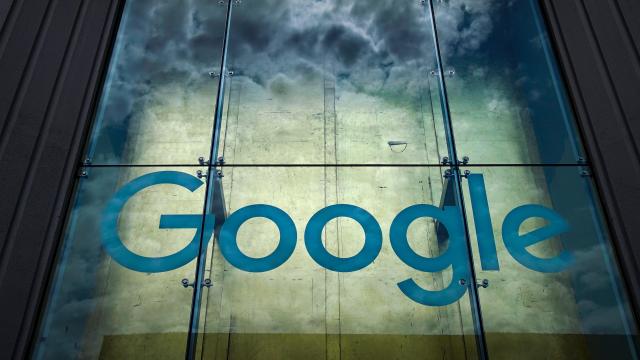While Google’s multiple antitrust cases continue to drag on here in the U.S., it looks like the search giant’s starting to make a few concessions across the pond. Reuters reports that Google’s parent company, Alphabet, has made an offer to European Union regulators in response to an ongoing investigation into the tech giants’ adtech business: Don’t fine us, and we’ll let other companies place their ads on YouTube.
Alphabet has reportedly offered to allow its rival advertising technology companies to place ads beside YouTube videos in negotiations with the European Commission, rather than obligating them to use Google Ad Manager, Display & Video 360, and Google Ads to do so. The Commission first opened a formal probe into Google’s ad business last summer on the suspicion that the company — which controls more than a quarter of the multi-billion dollar digital ad market — might be violating EU competition rules to maintain that dominance. The authorities were particularly curious whether Google was “distorting competition” by stifling other ad firms’ access to valuable user data.
Amazon has reportedly ceded ground in a similar antitrust investigation. The ecommerce company has offered to boost third-party sellers’ visibility in its online marketplace and to share shopper data with them so as to avoid fines, Reuters reports. European regulators could fine Google and Amazon up to 10% of the companies’ global revenue if they do conclude the tech giants engaged in anti-competitive practices.
In many ways, the EU probe mirrors another stateside antitrust case against the tech giant that’s currently being spearheaded by Texas Attorney General Ken Paxton. A British equivalent of the European Commission is investigating allegations of anticompetitive practices by Google as well. Google hasn’t yet responded to Gizmodo’s questions about the EU probe. The offer as reported by Reuters would mark a complete 180 from Google’s response to Paxton’s suit.
Both cases hone in on the fact that the adtech market is massive in every sense of the word: advertisers are estimated to drop more than $US600 ($833) billion on this tech by the end of the year, and there are close to 10,000 providers vying for a slice of that pie. But as both the EU’s and Paxton’s probes point out, the only way to run ads on Google’s properties — which include the most popular search engine on the planet and a similarly popular video platform — is for advertisers to use Google’s tools like Ad Manager. Google, to its credit, offers plenty of tools to do so!
When talking about a Google/DoubleClick break-up, the ways the products come together can be extremely confusing. I created a diagram explaining the Google display advertising stack (with footnotes!): pic.twitter.com/oHmosXaMcJ
— Ari Paparo (@aripap) March 18, 2019
The biggest difference between the Texas case and the EU case, if the Reuters report is to be believed, would be Google’s response. Google filed a motion to dismiss Paxton’s case at the start of 2022 on the grounds that, essentially, Google toppled the ad market because it’s really good at innovating, and those thousands of other companies just aren’t.
“State Plaintiffs’ complaint — cheered on by a handful of Google’s rivals who have failed to invest properly, compete successfully, or innovate consistently — might serve the narrow interests of those rivals,” Google wrote in the motion. “But it also threatens to stifle the dynamism that drives Google and other firms to deliver the products on which businesses and consumers depend every day.”
Sure, YouTube is a relatively small piece of Google’s adtech stack (as seen above), but it still pulled in $US6.9 ($10) billion last year. Even if that black box opens the smallest of cracks, it’s revolutionary just the same.
